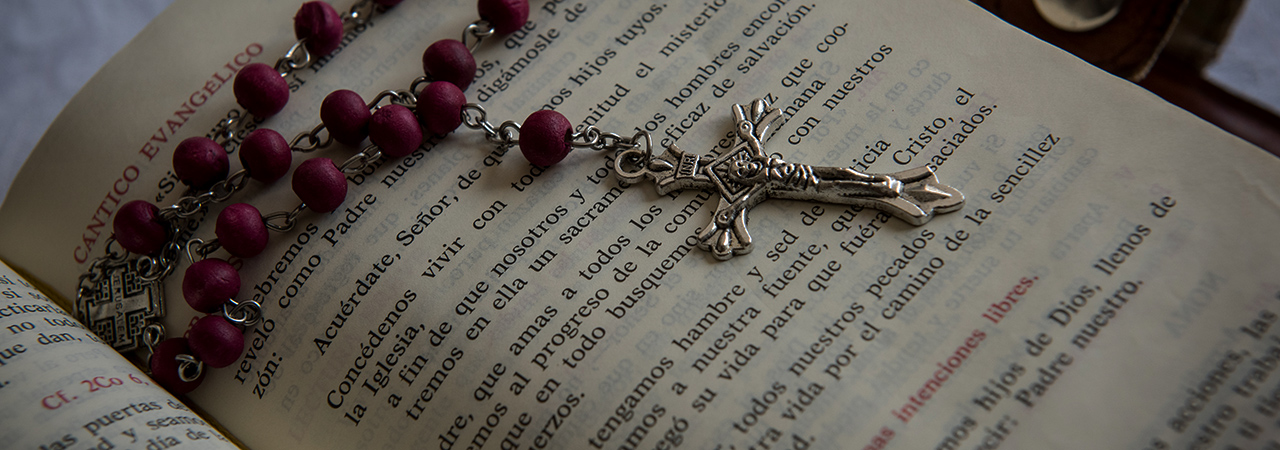About Catholic Relief Services
Catholic Relief Services was founded in 1943 by the Catholic Bishops of the United States to...more


FOR IMMEDIATE RELEASE
CONTACT:
Jonas Lucas
International Partnership on Religion and Sustainable Development (PaRD)
[email protected]
+ 49 151 200 33 699
A study by the International Partnership on Religion and Sustainable Development (PaRD) examines how the international community can better leverage local faith-based actors toward achieving more just and peaceful societies.
NEW YORK CITY, NY, July 12, 2019 – A new study commissioned by an international coalition of governments and non-governmental organizations examines the importance of having better partnerships with local faith-based actors as a way of achieving more peaceful and inclusive societies, as articulated in the United Nations Sustainable Development Goal 16 (SDG16).
The study, launched in coordination with the United Nations’ 2019 High Level Political Forum happening in New York City the week of July 15, was commissioned by the International Partnership on Religion and Sustainable Development (PaRD), which is holding a special side event on July 16 where key inter-religious leaders will discuss the study’s findings. PaRD brings together governmental and intergovernmental entities with diverse civil society organisations (CSOs) and faith-based organisations (FBOs), to engage the social capital and capacities vested in diverse faith communities for sustainable development and humanitarian assistance in the spirit of the 2030 Agenda for Sustainable Development.
"The value of solidarity and the desire to achieve peace, equality and justice are common to all religions,” said Faisal Bin Abdulrahaman Bin Muaammar, the Secretary General of KAICIID, an intergovernmental organization that’s one of the study’s many co-sponsors under PaRD. “Motivated by these powerful values, religious leaders around the world are mobilizing their communities as mediators and agents for change. Their efforts should be acknowledged, and their potential should be recognized. When we tap into this phenomenal resource, then bringing down the walls of fear and mistrust becomes an easy task.”
The study analyzes the role of religious and traditional actors through stages of conflict as well as in fostering social cohesion and peace, with a special focus on the Lake Chad and South Asia regions. Among other findings, it shows that both international and local faith actors have something to contribute and something to learn from one another; that effective partnerships require trust-building over time; and that partnerships that work across humanitarian-development-peacebuilding silos are especially promising for making a more lasting contribution to sustainable peace. It also includes 10 case studies of successful local faith actor partnerships, including examples from such conflict-prone countries as Afghanistan and the Central African Republic.
“The study points to an ideal situation in which local religious leaders, faith-based and community service organizations, donor governments and hosting governments can collaborate at the national level in all of the countries in which PaRD has members. Together, we can reach and surpass the U.N. Sustainable development goal of promoting peace, justice and strong institutions,” said Don Rogers, the church engagement advisor for Catholic Relief Services (CRS), which is the international aid agency of the U.S. Catholic Church and another study co-sponsor under PaRD. “This study must inspire our organizations and our governments to act together to improve conditions at the grass roots level for those we serve.”